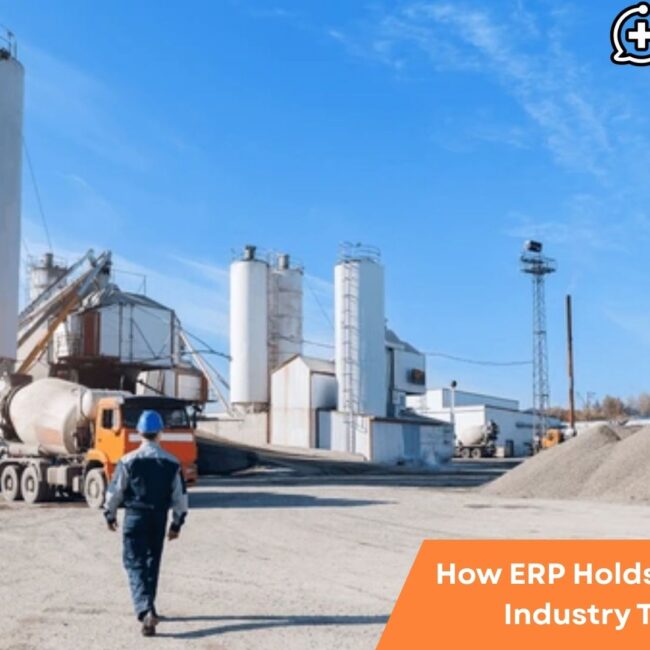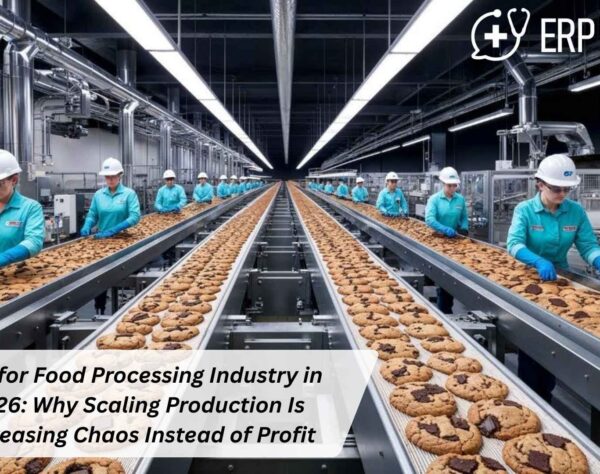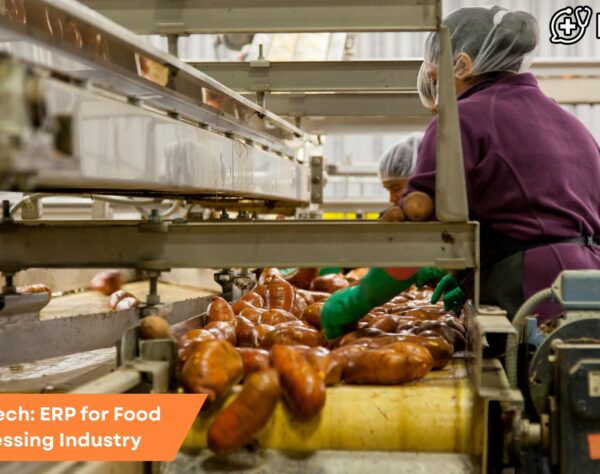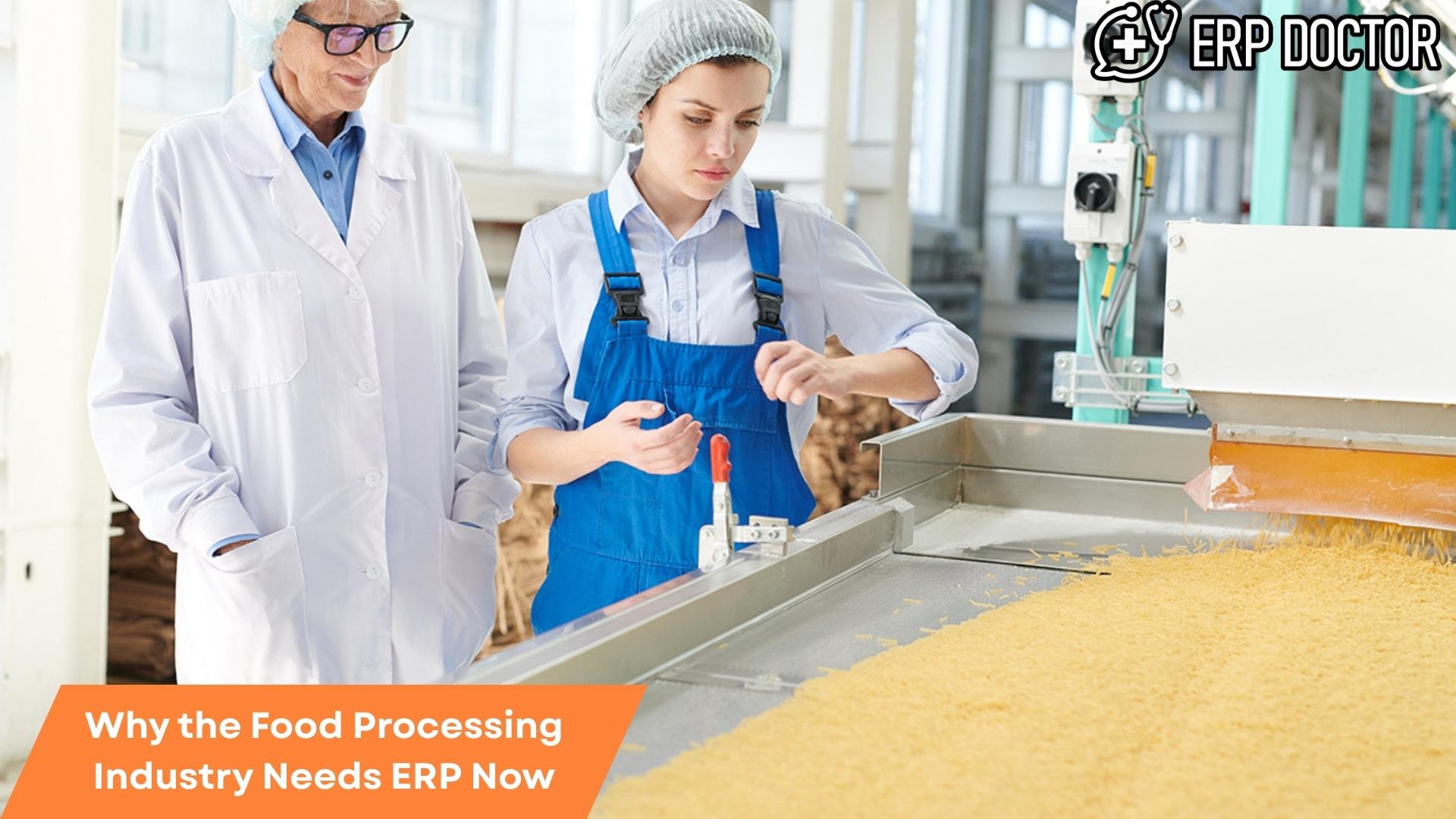
Why the Food Processing Industry Needs ERP Now
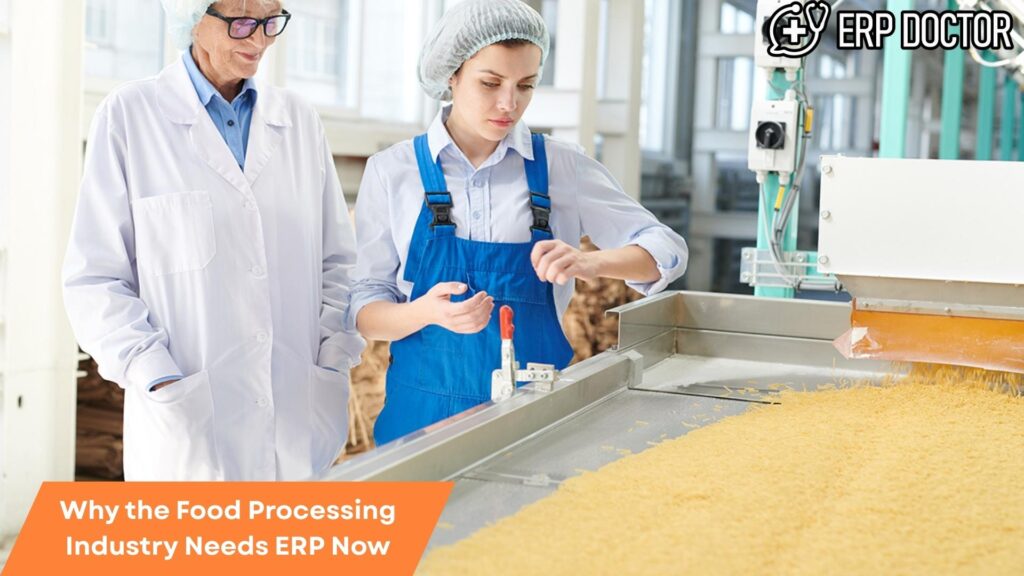
The Urgent Case for ERP in Food Processing Industry
The food processing industry is under constant pressure to deliver high-quality products, comply with strict regulations, and keep up with evolving consumer demands. To survive and thrive in this competitive landscape, many businesses are turning to ERP solutions for food processing industry. These powerful tools unify operations, streamline workflows, and ensure complete visibility across every stage of production.
What Is ERP for the Food Processing Industry?
ERP (Enterprise Resource Planning) refers to integrated software systems designed to manage core business processes. For the food processing industry, ERP systems are customized to handle the unique challenges of food safety, traceability, inventory management, recipe control, and regulatory compliance. An experienced ERP software company can deliver tailored solutions that transform how food processors operate daily.
The Core Benefits of ERP Solutions for Food Processing Industry
- End-to-End Traceability
Food safety is non-negotiable. With ERP solutions for food processing industry, companies can track ingredients from supplier to shelf, ensuring full traceability and rapid recall management if needed. - Better Inventory Management
Managing raw materials, packaging, and finished goods can be overwhelming. ERP helps optimize inventory levels, reduce waste, and improve cash flow for food processors. - Regulatory Compliance
Food regulations are complex and ever-changing. An ERP solution provider ensures your system is updated to meet local and international compliance standards, saving time and reducing risks. - Improved Production Efficiency
By integrating processes across departments, ERP for food processing industry enables better scheduling, reduces downtime, and improves overall equipment effectiveness (OEE). - Real-Time Data and Reporting
With an advanced ERP system, decision-makers gain instant access to critical KPIs, sales data, and production performance, empowering them to make informed decisions quickly.
Why Choose the Right ERP Software Company?
Partnering with an experienced ERP software company is crucial for successful implementation. A trusted ERP solution provider understands the unique requirements of the food processing sector and can tailor the system to your specific needs. They offer expertise in integrating ERP solutions with existing machinery, third-party applications, and industry-specific workflows.
How ERP Empowers Food Processing Businesses
- Boosts Productivity: Automating repetitive tasks frees up your team to focus on innovation and quality.
- Enhances Collaboration: ERP connects departments, suppliers, and customers on a unified platform, ensuring smooth communication.
- Supports Growth: As your business expands, your ERP for food processing industry scales with you, offering new modules and integrations to support evolving needs.
Key Features to Look for in ERP Solutions for Food Processing Industry
When choosing an ERP system, ensure it offers:
- Batch and recipe management
- Lot traceability
- Quality control and assurance
- Regulatory reporting tools
- Advanced forecasting and demand planning
Leading ERP software companies often include these modules as part of their core packages, ensuring that food processors remain agile, compliant, and competitive.
How to Select the Right ERP Solution Provider
Not all ERP solution providers are created equal. Look for a partner with:
- Proven experience in the food processing industry
- Strong customer support and training services
- A reputation for delivering tailored ERP solutions that meet complex production needs
Working with the right ERP software company ensures your investment pays off, delivering long-term business value.
The Future of ERP in the Food Processing Industry
With advancements in AI, IoT, and cloud technology, the future of ERP solutions for food processing industry looks promising. Modern ERP systems leverage predictive analytics, automate quality checks, and provide mobile access for on-the-go monitoring. Companies that adopt these cutting-edge tools will stay ahead of competitors and delight customers with consistent quality and innovation.
Final Thoughts
The food processing industry can no longer rely on outdated tools or manual processes. To compete in today’s fast-moving market, companies must embrace ERP solutions for the food processing industry delivered by trusted ERP software companies. Whether you’re looking to improve efficiency, enhance traceability, or ensure compliance, an experienced ERP solution provider can help you unlock new levels of success.
FAQs
1. What is the role of ERP in the food processing industry?
ERP centralizes operations, improves traceability, and helps meet regulatory standards.
2. How does ERP improve food safety?
By tracking every ingredient and process step, ERP ensures faster recalls and safer products.
3. Can ERP handle recipe and batch management?
Yes, ERP offers specialized modules for managing recipes, batches, and production variations.
4. How does an ERP software company customize solutions?
They assess your needs and tailor ERP modules to match industry-specific challenges.
5. What makes a good ERP solution provider?
Experience in the food sector, strong support services, and the ability to scale solutions.
6. How does ERP improve inventory management?
It provides real-time data on stock levels, expiry dates, and optimizes reorder points.
7. Is cloud ERP beneficial for food processors?
Yes, cloud ERP offers flexibility, remote access, and easier system updates.
8. What challenges can ERP solve in food production?
It addresses inefficiencies, poor visibility, compliance issues, and data silos.
9. How do ERP solutions support sustainability goals?
They help track resource use, reduce waste, and optimize energy consumption.
10. Can small food processors afford ERP?
Many ERP providers offer scalable solutions suitable for businesses of all sizes.
If you want tailored recommendations or a demo of ERP solutions, reach out to a leading ERP software company or ERP solution provider today!



